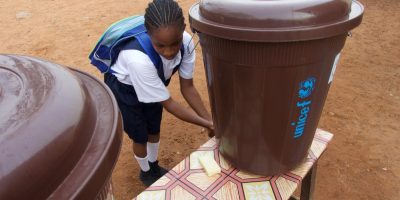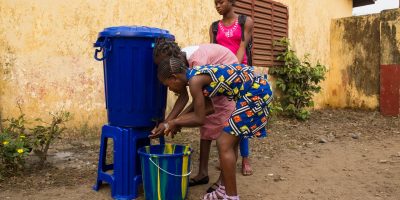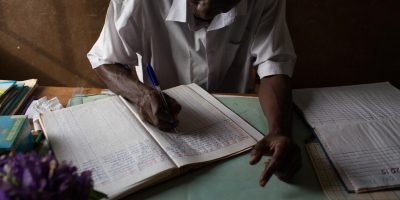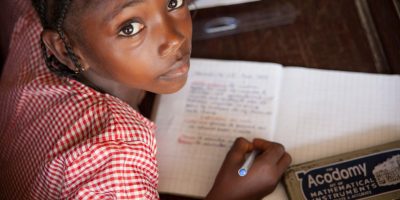Search
Search within Liberia
37 results found

Evidence review
Guide to Community Engagement in WASH: A Practitioner’s Guide, Based on Lessons from Ebola
The Ebola response in Sierra Leone, Liberia and Guinea demonstrated that community engagement is critical in responding to epidemics. This was not always a guiding principle in the fight against Ebola, which initially prioritized biomedical and militarized responses. Working in…

Briefing
Return of the Rebel: Legacies of War and Reconstruction in West Africa’s Ebola Epidemic
The spread of Ebola in West Africa centres on a region with a shared recent history of transnational civil war and internationally led post-conflict reconstruction efforts. This legacy of conflict and shortcomings in the reconstruction efforts are key to understanding…

Briefing
Ebola and Extractive Industry
The economic effects of the Ebola health crisis are slowly unfolding as the virus continues to affect Sierra Leone, Liberia and Guinea. The most important sector is mining as these three countries share a rich iron ore geological beltway. The…

Briefing
The Pathology of Inequality: Gender and Ebola in West Africa
The international response to Ebola has been decried for being ‘too slow, too little, too late’. As well as racing to respond, we need to consider what has happened over the past decades to leave exposed fault lines that enabled…
Research paper
Understanding why ebola deaths occur at home in urban Montserrado County, Liberia
Ebola Virus Disease (EVD) home deaths occur as the result of infected persons not being detected early and sent to Ebola Treatment Units (ETU) where they can access care and have an improved chance of survival. From a public health…
Field notes
Ebola: demanding accountability and mobilizing societies to avoid a deadly relapse
The enduring Ebola epidemic has taught the world some hard lessons over the last 12 months, which we must take to heart. Despite early warnings, and the extraordinary efforts of local healthcare workers and private medical humanitarian organisations, the epidemic…
Briefing
Never Again: Building resilient health systems and learning from the Ebola crisis
It took the threat of a global health crisis to illustrate the failings of Africa’s health systems. Resilient health systems, free at the point of use, are evidently a global public good. They are essential for the provision of universal…
Briefing
Attitudes towards Ebola related funerary practices and memorialization in urban Liberia
This briefing summarises the attitudes of Monrovia community leaders and residents towards cremation, mass burials, memorialization, and remembrance ceremonies based on data collected between August – September 2014.
Field notes
Community-based reports of co-morbidity, co-mortality, and health-seeking behaviors in four Monrovia communities during the West African Ebola epidemic
This working paper reports on a study to collect data on co-morbidity and co-mortality among urban Liberian populations during the Ebola epidemic from September to October 2014. Particular attention is paid to how local communities defined their symptoms and sicknesses,…
Research paper
Briefing: Ebola – myths, realities, and structural violence
The scale of West Africa’s Ebola epidemic has been attributed to the weak health systems of affected countries, their lack of resources, the mobility of communities and their inexperience in dealing with Ebola. This briefing for African Affairs argues that…
Briefing
Mobilising youth for Ebola education: Sierra Leone and Liberia
This brief summarises some key considerations about mobilising youth and youth groups in the Ebola response in Sierra Leone and Liberia. The details have been collated from suggestions and insights provided by networks of anthropologists in the UK and US…
Briefing
Liberia: handling of bodies and national memorials – community perceptions from Monrovia
This brief summarises attitudes of community leaders and residents in and around Monrovia. It is intended to provide an evidence-base to support the SOP on safe and dignified burials, and to contribute to ongoing discussions about mass-graves and national memorials.…


